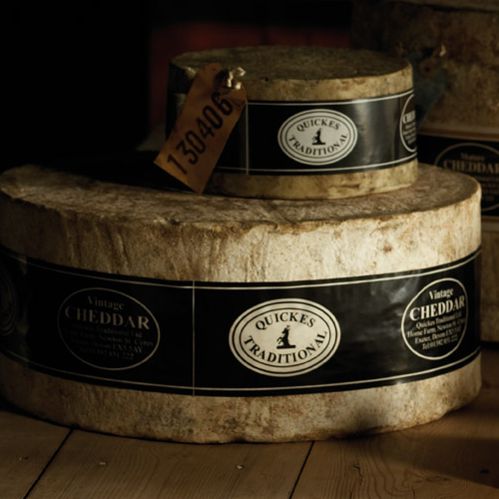Evidence has been mounting over the past decade that the amount of food wasted around the world is roughly one third of the food produced for human consumption. This is approximately 1.3 billion tons of food each year! (Source UNEP). The great majority of waste occurs in pre-production, and household waste, with major differences in developing and developed countries.
This has long been a point of conflict for us, both as a wholesale supplier, and a retail outlet. As a retailer we are faced daily with products which are past their indicated best before date, and how to deal with them. New Zealand consumers are reasonably informed as to the difference between use by and best before, the former referring to safe consumption, the latter to product quality.
In fact, by local law shelf stable products are exempt from carrying a best before date if the shelf life is more than two years. Manufacturers however have no choice but to date these products in order to have major retail stores stock them. Some investigation revealed some amazing shelf lives though:
Honey may crystallize over time, resulting in a heap of thick, sugary gunk at the bottom of containers, but in terms of safety, the golden liquid is practically immortal.
Honey can last for centuries if stored in a sealed jar, according to the National Honey Board.
In practice, hostess twinkies have been seen to be shelf stable for as long as 30 years.
Both canned and dried beans are also known to be able to last for over 30 years if kept properly stored and sealed.
Rice can last for 25 years, while instant coffee, milk powder, jams, and hard liquour have an indefinite shelf life. Dried pasta is good for years as well. Specialty hams and cheese are often prized for improving significantly with age.
Human nature being what it is, customers will sometimes accuse a retailer of poisoning their family, but on being offered a discount inquire as to how much may be available!
Major markets are often to blame, especially where they have over ordered and then have a special on another brand, leaving surplus stock at the the time of the date indicated. This first troubled me when I started merchandising into the chains in the late 1990s. I would see reps from the major companies pushing trolley loads to the dumpster at the back of the stores.
Supermarket departments also keep a dump record which would shock most people. Suppose the deli has a guideline that an antipasto mix should be used within eight days of opening, then they are compelled to discard whatever they may be holding, regardless of if it is still fit for consumption.
In New Zealand we have seen supermarket floor space increase by 29% between 2009 and 2013, while the customer base has not increased by anywhere near that much. The first consequence is higher price to cover their fixed cost, and the second is lower volume sales, resulting in more waste! This also leads to environmental consequences, such as the extended use of landfills, and increased methane production.
As eating habits change and time becomes more precious, we see far more processed foods and "ready to eat meals" in the marketplace, and these do not allow for the same kind of creativity that our parents and grandparents had for leftovers.
Last year we happened to be at a very popular new eatery, breakfast time, and it was packed. We watched the chef trimming the meat for gourmet sandwiches, and throwing all the off cuts into the bin. A young chef in front of us was cubing cheese for melting, and throwing the broken bits into the bin.
As a product of boarding school I make it my business never to leave food on my plate, which I readily admit does no good for my battle (losing) against obesity! However, it is a big no in the hospitality industry to have staff eat anything off a returned plate. Many establishments have organic waste disposal these days, and great if they happen to know a friendly pig farmer. Again, strict laws of traceability and input mean that the greater quantity of this will still end up in the landfill.
One of the results of having so much more food, as well as cheaper food, becoming readily available is that attitudes towards food have changed. Even if one is not of a religious demeanor the food on our tables should be regarded as a sacrifice on the altar. Not literally, but with the same gravity. It is a privilege to be able to eat some of the fine food that we do, and should not be regarded as a crappy commodity.
Bare a thought for the feelings of the craftspeople making those products, cheese makers, butchers, and bakers who put passion into them, often working in the early hours while the rest of us are snug in bed. It has to be an insult to them to handle the food with disdain.
I guess that a caveat is in order for what I have just written - that if you are reading this you already care deeply about food, and have recognised long ago how bad the waste factor is, and much like seat belt adverts this is not reaching the people it should.
Locally there are organisations doing great work in this field. Kaibosh food rescue aims to make the most of food that would otherwise end up in the tip.











